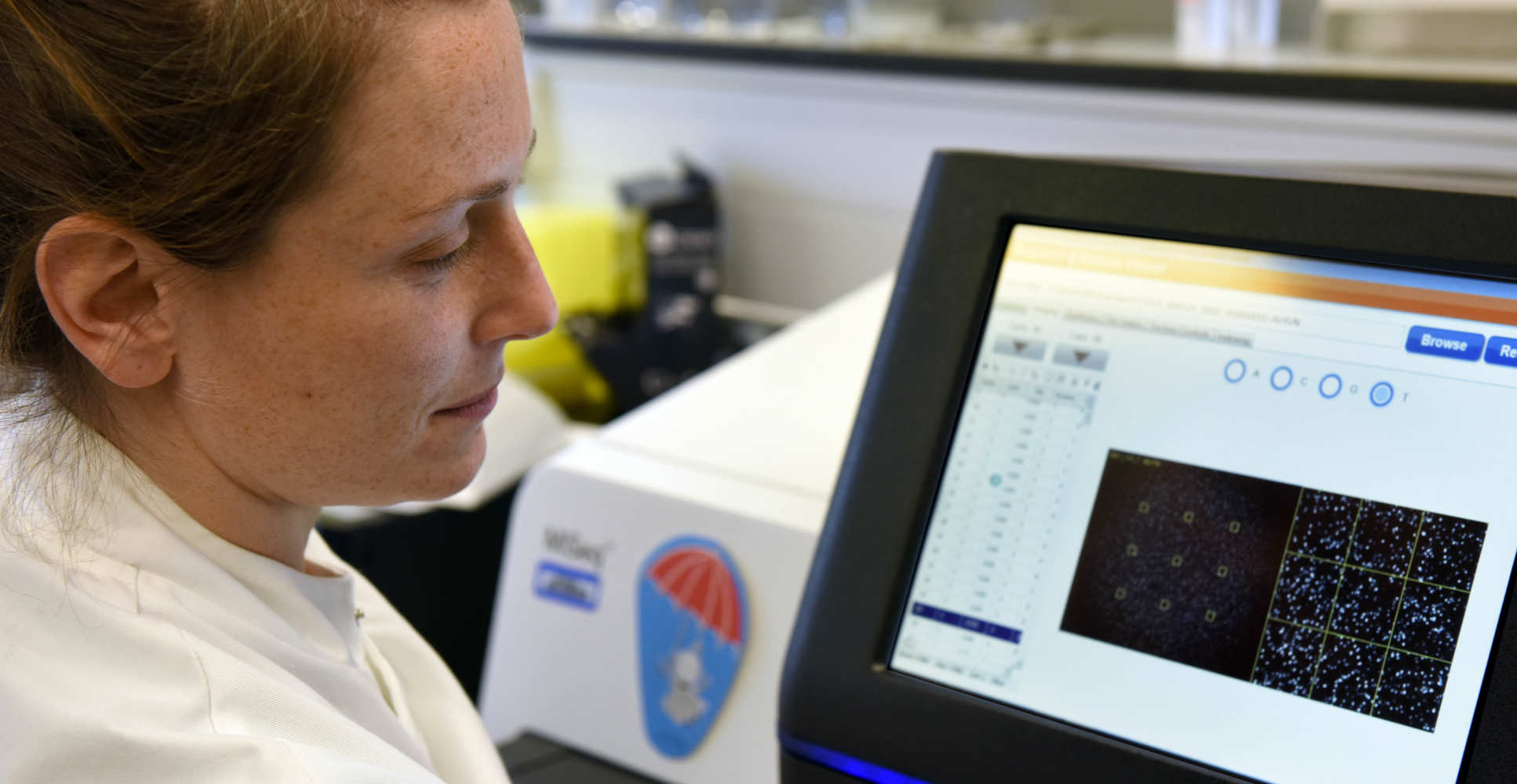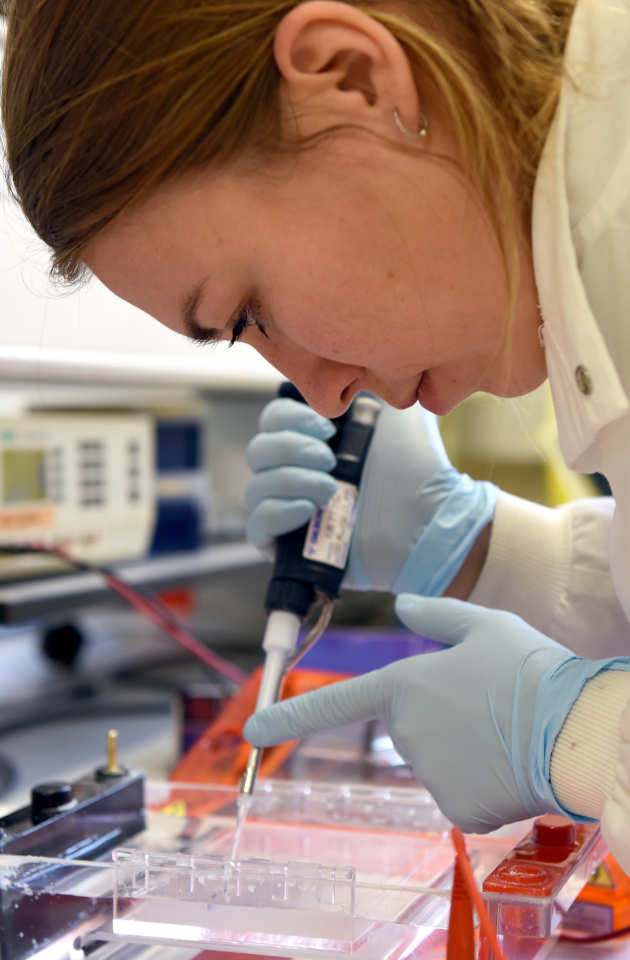
The National Centre for Mesothelioma Research (NCMR) was initiated in 2016 with a direct LIBOR grant from the Chancellor of the Exchequer and with additional funding from the British Lung Foundation (BLF) and the Asmarley Charitable Trust.
Mesothelioma is a cancer that most commonly affects the linings of the lung and is caused in the great majority of cases by past asbestos exposure. The cancer is aggressive, often producing great pain in the chest wall. It responds poorly to all therapies, including surgery, and the average survival from diagnosis is less than a year. The NCMR aims to lead discovery research into the underlying mechanisms of mesothelioma and lung cancer, identifying new targets for therapy and new diagnostics for patient stratification.
The work of the Centre is overseen by an advisory group that includes leading scientific experts, as well as representatives of patients, unions and charities, and is convened and chaired by Professor Sir Anthony Newman Taylor. Read more about the NCMR Scientific Advisory Board (SAB).
The Centre benefits from:
- A Bioinformatics Unit for handling and interpreting the complex genomic data will underpin this research.
- Models of disease and eventually high-throughput screens for new drugs developed by the Institute for Cancer Research (ICR) and the National Heart and Lung Institute (NHLI).
- A Clinical Trials Unit, led by Dr Sanjay Popat at The Royal Marsden, that will match new diagnostic tests with specific chemo, biological and immuno-therapies for individual patients.
- Being part of BLF's Mesothelioma Research Network that brings together a wide range of clinical and research activities in the UK.
- Patient and public engagement through existing clinical and patient networks including Mesothelioma UK and the June Hancock Trust, as well as regular meetings with patient interest groups and public lectures.
- International engagement, in recognition of the fact that mesothelioma and lung cancers are problems that affect tens of thousands of people beyond the UK and that effective basic research into cancer has to be ambitious, involving hundreds or even thousands of patients. This is accomplished by multidisciplinary research through collaborative programs with contributions from leaders and experts in several fields with access to the latest high technologies and data analysis platforms. Fostering data sharing, short and medium-term exchange of the best and brightest young research scientists, and raising international funding for ambitious joint genomic research is vital.
- Early diagnosis through state-of-the-art CT and MRI imaging at The Royal Brompton and the Royal Marsden Hospitals and a novel program of research developed around diagnosis from the small specimens that are typically yielded by bronchoscopic and fine-needle biopsies. Successful application of the technology will allow repeated biopsies to follow the consequences of therapy and to amend treatment accordingly.
Infrastructure
Biobanking
MesobanK is the primary UK repository for samples from patients with mesothelioma offering blood samples, pleural fluid, tumour tissue and cell lines for a wide range of research. The NCMR collaborates with MesobanK, comprehensively seeking to archive NCMR patient samples and encouraging the development of MesobanK’s international role.

Data banking
The NCMR will build a repository of genomic data, containing sequence and mutation analyses, copy number variation, translocation, deletions and insertions together with core clinical data. Access to anonymised data from the repository will be made available to the scientific community.
Single cell genomics facility
Studies of cancers are often limited by the availability of tissue for research as, until recently, genetic sequencing has required relatively large tissue samples gained by a surgical procedure. Unfortunately, most patients with mesothelioma and lung cancer present late in the disease when they are too unwell for this surgery. For this reason, genetic investigations into lung cancer and mesothelioma have been carried out on the minority of patients with mild or moderate disease, and the results may be biased. In addition, solid tumours are complex mixtures of cells including non-cancerous fibroblasts, endothelial cells, lymphocytes, and macrophages that often contribute more than 50% of the total DNA or RNA extracted. This can make the molecular classification of these tumours difficult. Genome analysis of bulk surgical specimens may also miss important mutations that are present only in a subset of cells, or in certain sites. These problems may be overcome by technologies that accurately explore the genetic variation, transcription of RNA and methylation patterns of single cells. Single cells can now be captured routinely by microfluidic platforms which sort individual cells efficiently and place them into devices where multiple single cells can be simultaneously and separately analysed. The establishment of a single cell genomics facility as a core technology within the NCMR is an important aim.